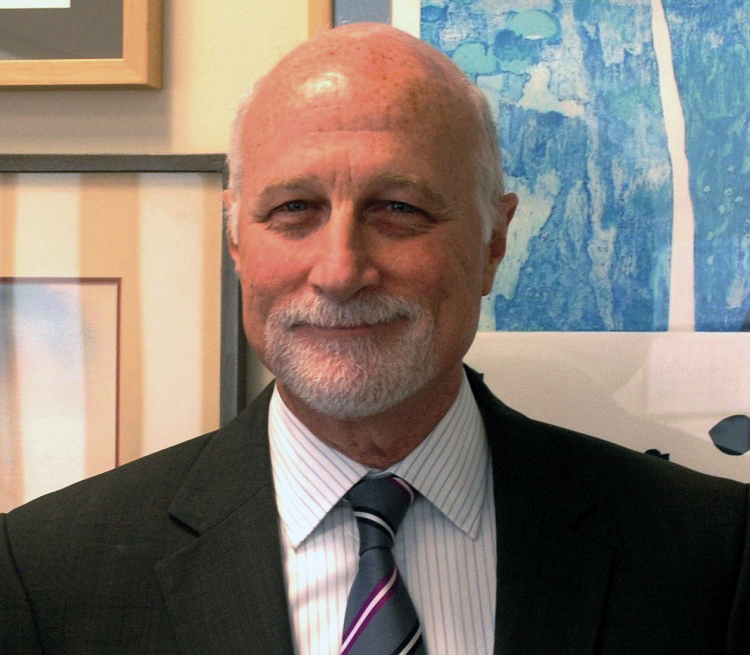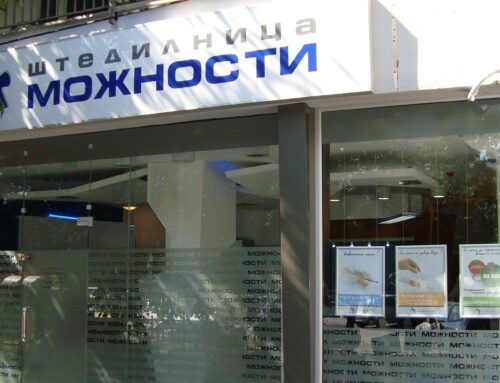
James Stein, the US Agency for International Development (USAID) Mission Director in Macedonia, discusses the agency’s projects there.
European Times: Can you describe USAID’s history in Macedonia?
James Stein: USAID has been active in Macedonia since 1993 and has invested more than US$500 million in assistance for this country. USAID is working with the people of Macedonia to create jobs, strengthen democratic institutions and practices, enhance integrated education, and prepare students for the workforce. We want to see a prosperous, educated, democratic Macedonia that responds to the needs of all its citizens. Currently the focus of our support is helping Macedonia meet the requirements for EU membership. We partner with the Macedonian government and with dozens of local organisations to implement almost 30 ongoing projects. We’re working with the Parliament to create oversight-committee hearings, an important tool for keeping government accountable to its citizens. With our help, the government’s anticorruption commission will launch a new web site that should begin operating in mid-2014 to allow citizens to report incidences of corruption. Our economic growth projects focus principally on strengthening the business-enabling environment and private-sector development.
European Times: What are some of your projects for different business sectors?
James Stein: We have identified a number of unrealized market opportunities in Macedonia, which represent real potential for economic growth. In a nutshell, our projects in this sector are designed to help Macedonia realize that potential. USAID’s Investment Development and Export Advancement Support (IDEAS) Project, in partnership with government organisations, supports Macedonia’s industrial development. We’ve helped revitalise the National Entrepreneurship and Competitive Council, an important channel for public-private dialogue. Through our Yes Network project we’re focused on closing the gap between the skills workers have and those needed by the current labour market. We provide financial support for banks to help them finance private-sector initiatives. Our Clean Energy Investment and Industrial Management projects work with the government to streamline procedures for investment in renewable energy and to help large enterprises use energy more efficiently. We recently had a programme that supported the apparel industry, and one of our new projects focuses on adventure tourism. Another project helps small dairy farmers significantly increase their yields of feed corn.
European Times: What changes do you anticipate for Macedonia over the coming five years?
James Stein: The Macedonian economy is picking up and I believe that if the Macedonian government continues to implement reforms, to be transparent and open in its policies, to listen to its citizens, and to move forward on the path towards European integration, Macedonia will have a bright future.




